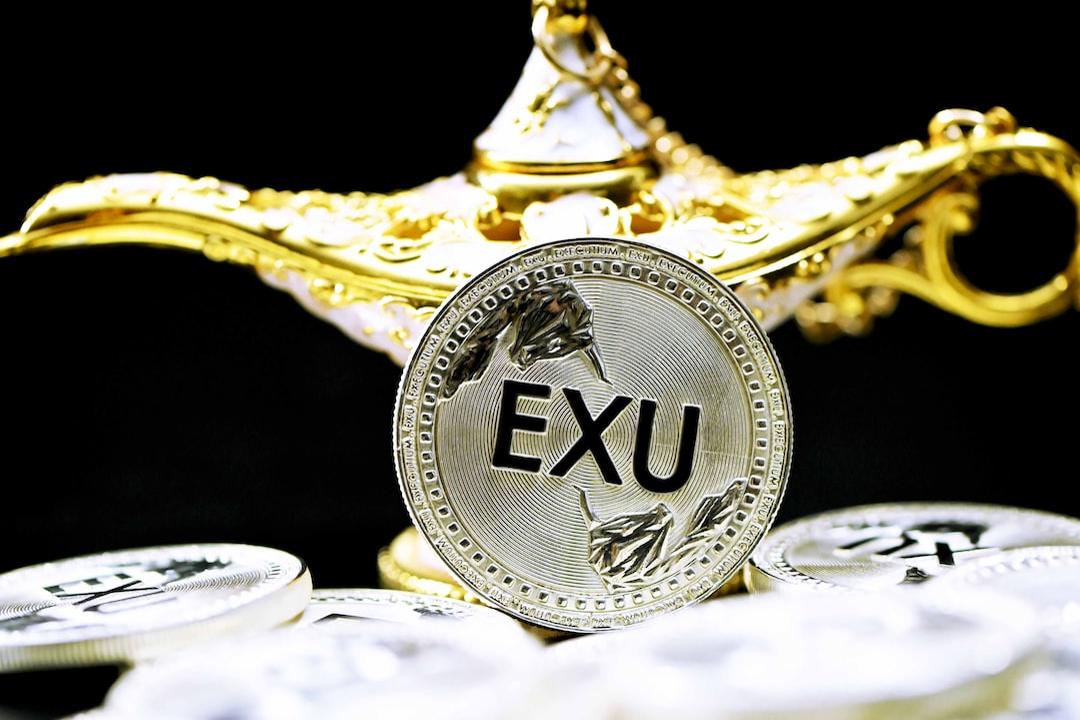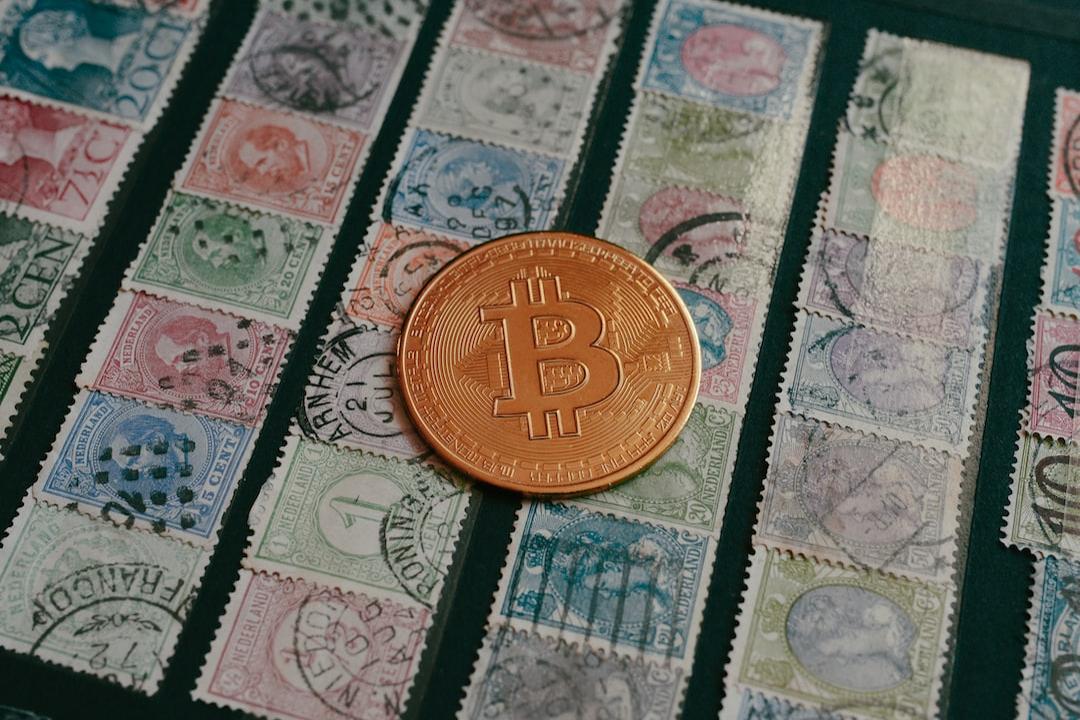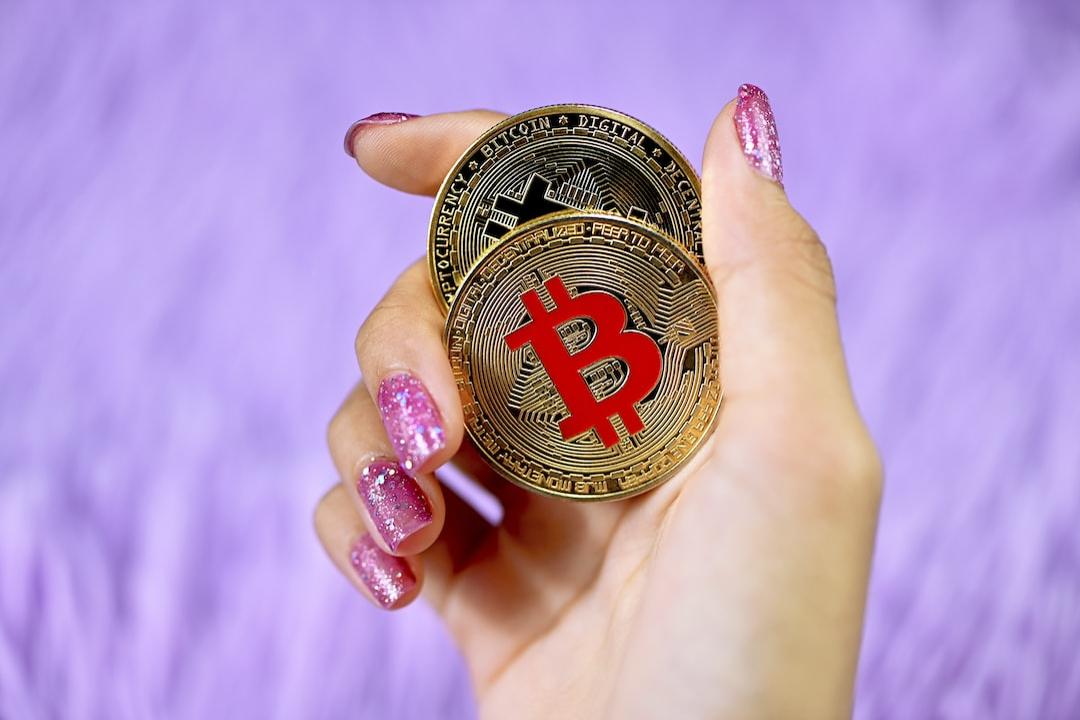WEB3+ Blockchain Gathering: The Ongoing Applications of Blockchain Technology
The value of blockchain technology is not limited to the investment frenzy surrounding cryptocurrencies; practical applications that change daily life and industrial ecosystems are unfolding, with Taiwan being a notable leader. The “Blockchain Gathering” event in May 2025 invited innovative digital real estate investment companies like Spark Lands, Cathay Financial Holdings, the Ministry of Digital Development, and American company Turing Space to discuss recent key applications that have garnered attention.
From the Ministry of Digital Development’s digital wallet to the tokenization of real-world assets, how is blockchain technology being implemented to change the financial environment and industrial ecology? What are the key points for successfully applying blockchain technology?
How Tokenization Strengthens Real Estate Investment?
Traditionally, real estate investment is often perceived as requiring a high financial threshold, making it a market accessible only to the wealthy. However, Wang Xinping, Chief Operating Officer of Spark Lands, proposed at this forum that the “Real World Asset Tokenization (RWA)” mechanism, based on Web3 technology, is overturning such thresholds and established perceptions, allowing more individuals to participate in real estate investment with small amounts.
Wang pointed out that real estate, by nature, is a highly centralized physical asset, while the “decentralization” spirit championed by the Web3 world appears to be contradictory, yet is actually complementary. Through the three core technologies of blockchain, tokenization, and smart contracts, they package the originally large amounts of real estate revenue into divisible “revenue debt certificates,” which are then issued on the blockchain, enabling ordinary investors to participate, trade, and hold with small funds.
From barter to monetary systems, banking institutions, and now to blockchain, this evolution represents humanity’s technological advancement in “trust.” RWA (Real World Assets) allows virtual currencies in the Web3 world to genuinely establish connections with “goods” in reality, such as real estate, US Treasury bonds, US dollars, and carbon credits.
In the application example from Spark Lands, the company first acquires ownership of the real estate and then converts the income generated from the property into verifiable debt contracts that can be placed on the blockchain. After compliance auditing and smart contract setup, these contracts are tokenized and sent to investors in the form of digital certificates. Users can complete KYC real-name verification and wallet activation through the official website, making it easy to participate in investments and enjoy automatic profit distribution.

Wang Xinping, Chief Operating Officer of Spark Lands.
RWA is Already “Ongoing”
Beyond real estate, RWA has become a new focal point at the intersection of fintech and Web3. Pan Xiaomin (EP), Product Manager of Cathay Financial Holdings’ Web3 Ecosystem Development Team, pointed out that this trend is growing rapidly worldwide.
Many international institutions such as Citi, BCG, McKinsey, and even Standard Chartered have projected that the future market value of RWA could reach several trillion dollars, indicating its potential and market confidence.
EP mentioned that RWA is viewed as a booster for traditional financial markets, with an increasing number of practical application cases emerging, such as tokenized products for bonds, funds, and gold. For example, HSBC has launched gold tokens in Hong Kong that allow retail investors to purchase directly, demonstrating traditional financial institutions’ proactive embrace of Web3.
EP emphasized that whether bonds, funds, or gold, even when converted into “token” form, they retain their original financial attributes. Therefore, regulatory bodies in various countries continue to manage them according to traditional financial product regulations. Regarding the development of trading platforms, both government-led centralized platforms and financial alliance-type exchanges are observable cases.
RWA is not a future concept, but an ongoing reality. If financial institutions can achieve breakthroughs in regulatory compliance, infrastructure, and on-chain capital integration, they will have the opportunity to seize the initiative in this wave of asset digitization.

Pan Xiaomin (EP), Product Manager of Cathay Financial Holdings’ Web3 Ecosystem Development Team.
The Most Everyday Web3 Application: Digital Wallets
When discussing blockchain technology applications that concern everyone, “digital credential wallets” are the most fitting example. Li Yueyin, Director of the Digital International Affairs Department at the Ministry of Digital Development, pointed out that as traditional physical documents increase, citizens often face challenges in management, data leakage, and excessive privacy exposure. The core goal of digital wallets is to enable users to achieve data autonomy and self-managed identities.
A digital credential wallet is a container for digital credentials that can store various documents such as driver’s licenses, health insurance cards, and educational certificates, and can be verified through user authorization. It is not a digital identity card or a payment tool, but an application for citizens to manage and utilize their digital data.
The key is that data is stored on the user’s own mobile device, rather than centralized by the government or platforms, completely eliminating the risk of hacking or data misuse. Even if hackers attack government agencies, they cannot access citizens’ data because the system uses a decentralized architecture, greatly enhancing information security.
Director Li noted that the current internet architecture lacks an “identity verification layer,” making it difficult for users to validate their identities online, leading to frequent fraud, AI impersonation, and challenges in distinguishing humans from machines. To fundamentally improve this situation, it is essential to establish a digital identity management system that belongs to each individual.
Traditional identity verification methods, such as registering accounts with passwords or federated systems (like Google login), provide convenience but pose security and platform dependency issues. Once an account is hacked or a platform goes down, users cannot access their services. Therefore, the Ministry of Digital Development has created a digital infrastructure based on “user autonomy,” allowing data to be shared freely without platform endorsement.

Li Yueyin, Director of the Digital International Affairs Department at the Ministry of Digital Development.
Achieving Authenticity Verification of Credentials
In the context of escalating cybersecurity threats and digital transformation, Turing Space focuses on “establishing a trusted and sustainable digital network,” addressing issues of data verification, cross-border identity recognition, and trust circulation through technologies such as Verifiable Credentials (VC) and Decentralized Identity (DID).
Chen Youwei, Senior Business Manager at Turing Space, initially introduced three key trust application technologies: Decentralized Identity (DID), representing a unique identifier for users in the digital world, devoid of personal data, stored on the blockchain, featuring decentralized characteristics. The second is Verifiable Credentials (VC), which include information such as educational background, identity cards, driver’s licenses, and health insurance cards, clearly indicating the issuing authority and content for ease of verification and traceability.
This architecture combines blockchain and cryptographic technology to achieve the authenticity verification of credentials, authorized presentation, and minimal disclosure, establishing a foundation of trust for the digital society. Turing also implements practical applications through three major products: Turing Certs, Turing Wallet, and Turing Verify.
Turing not only assists academic institutions such as Berkeley Law School, National Taiwan University, and National Yang Ming Chiao Tung University in issuing digital certificates, but also collaborates with international organizations such as WHO, APEC, and the European Union to support the issuance of standardized credentials for global circulation.

Chen Youwei, Senior Business Manager at Turing Space.

